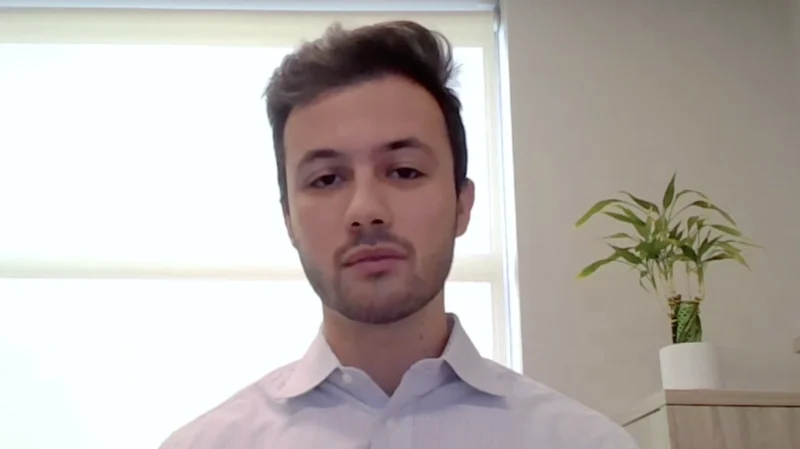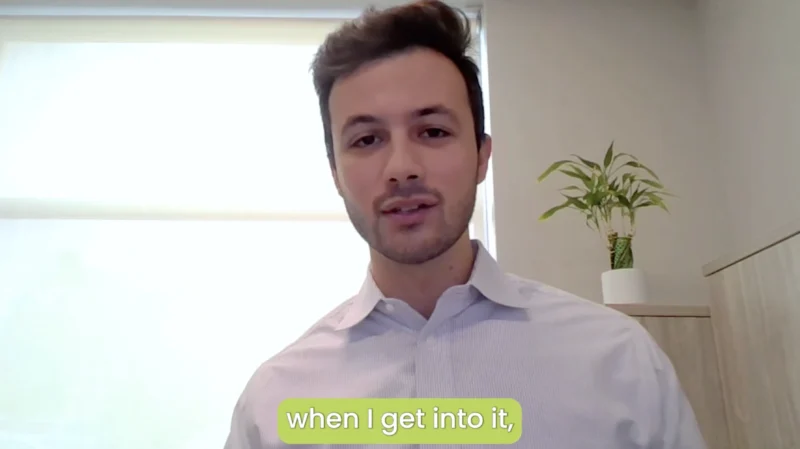How Do We Utilize the Power of Data-Driven Clinical Intelligence to Revolutionize Personalized Healthcare?
In an era where technology and healthcare are increasingly intertwined, the need for personalized, data-driven clinical intelligence is more pressing than ever. The advent of advanced analytics and machine learning has opened up new possibilities for identifying patterns, trends, and potential risks in patient care. One such innovation is CLINT (formerly HealthPals, Inc.), a clinical intelligence platform that generate machine learning-based insights on real-world data and combines these technologies to provide personalized healthcare solutions.
But how exactly does CLINT address this issue? What makes it a game-changer in the realm of personalized healthcare?
In the latest episode of I Don’t Care with Kevin Stevenson, host Kevin Stevenson is joined by Dr. Rajesh Dash, a Stanford Cardiologist and Co-Founder of Clint, to discuss the transformative potential of CLINT in the healthcare industry.
Key points from the conversation include:
- The inspiration behind the formation of Health Pals and the development of CLINT.
- How CLINT uses advanced analytics and machine learning to identify care gaps and provide personalized healthcare solutions.
- The three different levels of CLINT: identify, attract, and care, and how they work together to improve patient care and clinical trial recruitment.
Dr. Rajesh Dash is a renowned cardiologist from Stanford University and the co-founder of Health Pals, the company behind CLINT. With a focus on high-risk populations, Dr. Dash has dedicated his career to improving patient care through innovative solutions. His work with CLINT is a testament to his commitment to revolutionizing healthcare through technology.




